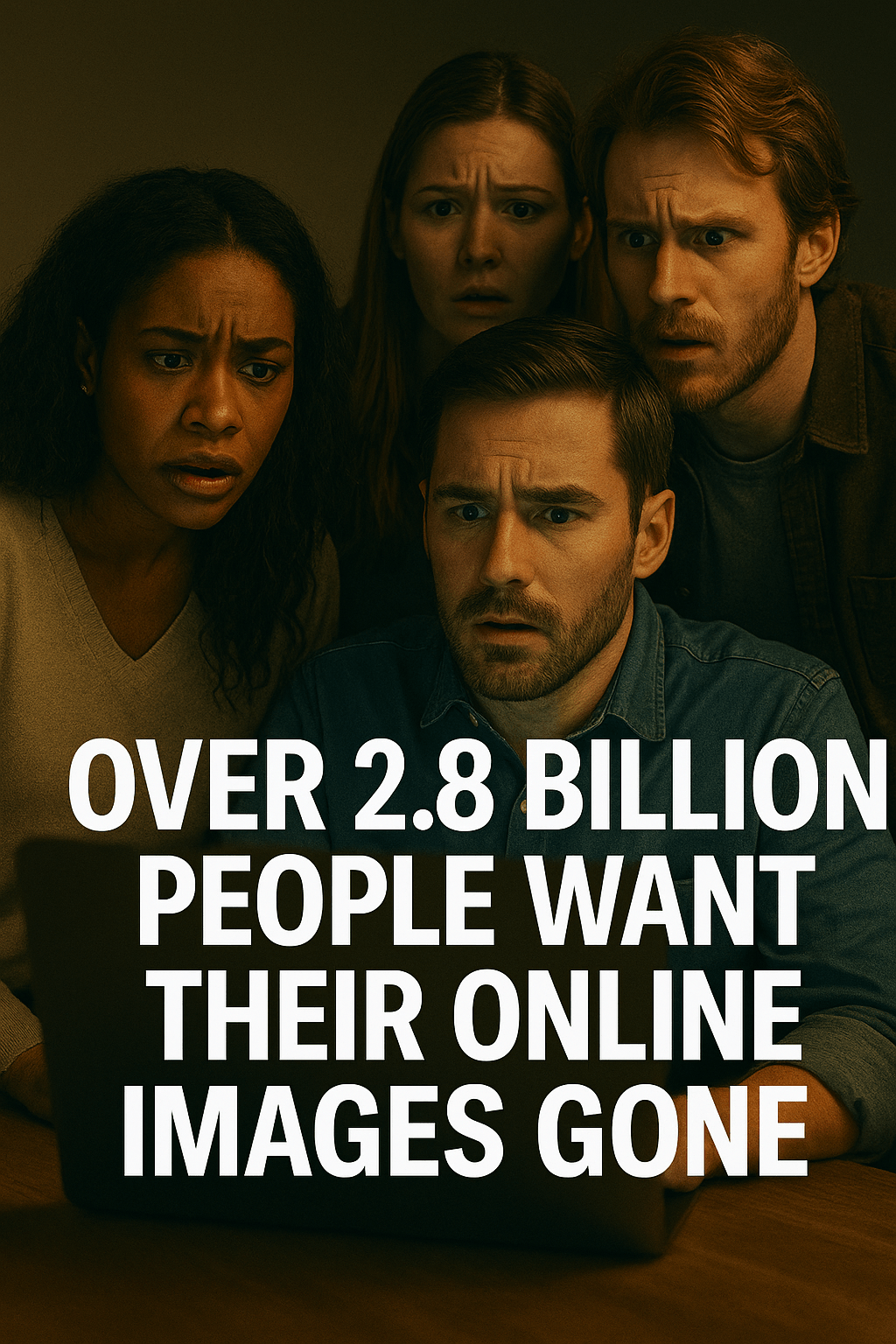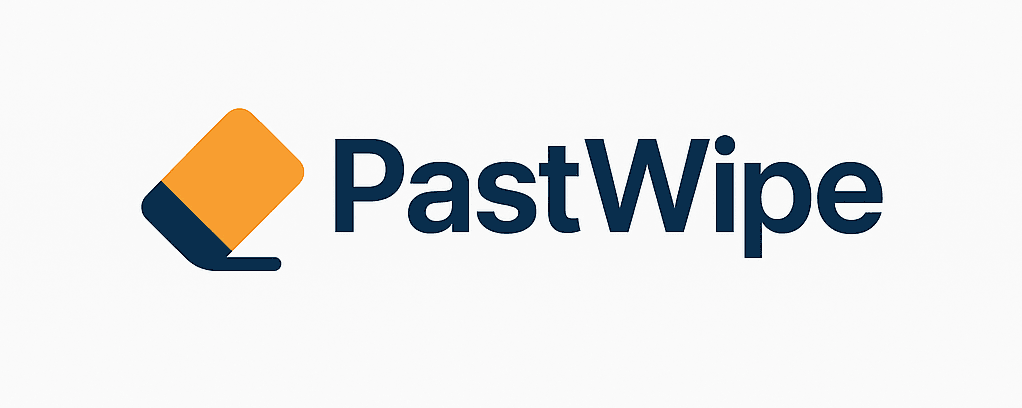
Experts Warn: Over 2.8 Billion People Want Their Online Images Gone
Experts Warn: Over 2.8 Billion People Want Their Online Images Gone — But Most Don’t Know How
Industry privacy leaders PastWipe reveal that a staggering one-third of the global population wants their personal data, including images, removed from the internet — yet many are unaware of how exposed they still are. A new, free digital footprint check aims to change that
The internet never forgets — and now, growing global demand proves just how deeply people want it to.
Privacy specialists PastWipe have brought new attention to an alarming digital reality: approximately 2.8 billion people worldwide — or 35% of the global population — would like their personal data removed from the internet. This figure includes images, videos, and sensitive details that continue to circulate online long after deletion attempts.
“It’s not just about embarrassment,” says a spokesperson for PastWipe. “We’re talking about job loss, identity theft, emotional distress, and in some cases, physical danger. People are realizing they’ve lost control of their digital identities.”
The Numbers Don’t Lie
This global estimate is grounded in data from recent studies by NordVPN and Incogni, who surveyed international attitudes toward digital privacy. Their findings show a marked rise in public concern: just a few years ago, 30% of people surveyed wanted to “delete themselves” online. Today, that number has surged to 35% — an increase of hundreds of millions of individuals.
With the world population at over 8 billion, that translates to 2.8 billion people actively wishing to erase their digital traces. In countries like the United States, that figure is even higher — nearly half of respondents now express a desire to have their personal data wiped clean from the web.
While the surveys asked broadly about data, experts agree that images and videos are among the most emotionally and reputationally charged elements. From teenage photos on old forums to unflattering moments captured on social media, many of these digital artifacts remain accessible, indexable, and in some cases, downloadable — despite users’ best efforts to remove them.
The Myth of Deletion
A common misconception, according to PastWipe, is that deleting a file or removing a post guarantees its disappearance. In reality, platforms often retain copies for backup or compliance reasons, and third-party aggregators or search engines can still display content long after it has been “deleted.”
“Once uploaded, an image can be duplicated, cached, and spread faster than any takedown request can stop it,” notes one analyst. “Most people don’t know where to begin. That’s where the danger lies — in silence, in inaction.”
A Quiet Epidemic of Digital Exposure
Despite the rising awareness, many individuals don’t take steps to protect themselves — not out of apathy, but due to confusion or lack of tools.
This growing problem has been described as a “quiet epidemic”: millions of people suffering the effects of overexposure but unsure how to trace where their information is, how it’s being used, or how to begin regaining control.
In response, PastWipe has launched a free digital footprint check designed to help users understand their exposure and assess risks without cost or commitment.
Free Privacy Check Now Available
The online tool, now live on PastWipe’s website, scans public-facing sources to provide a snapshot of where personal information might be appearing — including social media remnants, outdated search results, and traceable image data.
Unlike paid removal services, this initial scan is offered completely free to help users gauge their situation. PastWipe’s aim is not just to sell services, but to educate the public on what digital information is still floating online — and why it matters.
“Awareness is the first step,” says PastWipe. “You can’t fix what you can’t see.”
A Growing Need for Personal Data Autonomy
With AI expanding faster than regulations can catch up, digital privacy advocates argue that users must be empowered to manage their personal data proactively.
Campaigns around “the right to be forgotten” have gained momentum in regions like the EU, but many countries lack meaningful protections. Even in jurisdictions with strong laws, enforcement is often slow — and the average user is left to fend for themselves.
That’s why initiatives like PastWipe’s free scan are drawing attention from privacy groups and consumer advocates alike: they represent a user-led solution in an increasingly automated world.
DeleteOnlineHistory #RemoveMugshots #EraseDigitalFootprint #ImageTakedown #CleanUpSocialMedia #ReputationManagement






